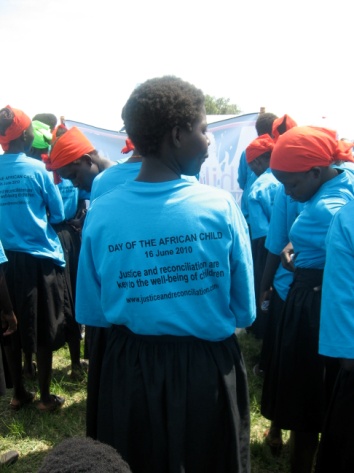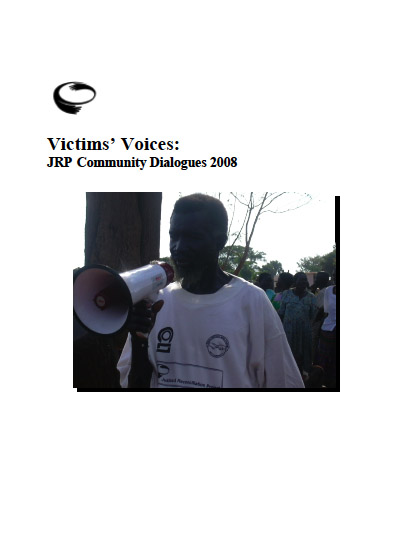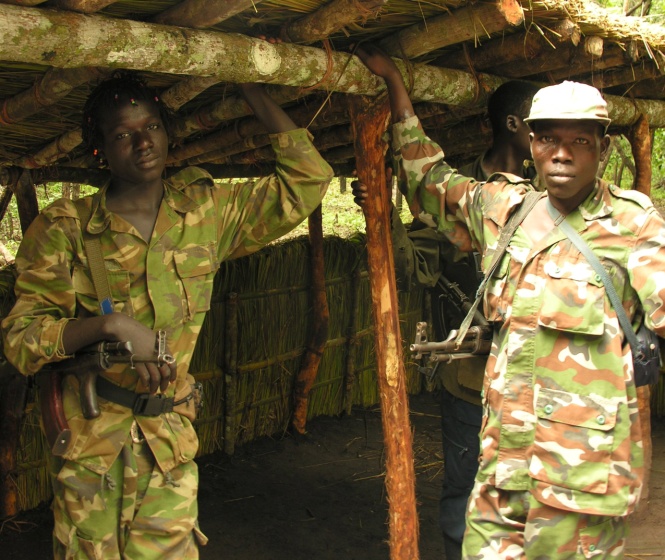With the peace versus justice debate in Northern Uganda reaching a crescendo, different views have been expressed, with the majority focusing on peace through amnesty and a process of reconciliation. Local politicians, civil society organizations (CSOs), cultural and religious leaders have spoken strongly on behalf of the Northern population in support of forgiveness and reconciliation of the LRA, without necessarily consulting with grass-roots people they represent.
The dialogue below was conducted by the JRP in the internally displaced camp of Kitgum Matidi on the 9th of November 2006. It explores a variety of views of grass-roots actors on the theme of forgiveness and reconciliation. It finds that no general consensus exists on the desire or will to extend forgiveness to the LRA at this time. For some, forgiveness is not a choice but is derived out of the reality in which they live. “As for forgiveness, it appears like we have no option but to accept it. This is because we do not have weapons like our brothers in the bush. Since we do not have the weapons, we have no option but to accept.”
Grass-roots participants in the dialogue did not agree that mato oput, a process of restorative justice leading to a ceremony designed to promote reconciliation of two conflicting parities, could or should be performed in the context of on-going war.
The sequencing of peace and justice is viewed as extremely important by some grassroots actors: peace is a pre-requisite of reconciliation, and peace entails the ability to return and reconstruct homesteads, livelihoods, and fulfillment of basic human rights and freedoms. As one woman stated, “take a look at the camps….am I supposed to forgive from this mass homestead? For me to forgive I feel we should first go back home, so that I can forgive the person who hurt me from my own homestead.”
To access the report, click here.





